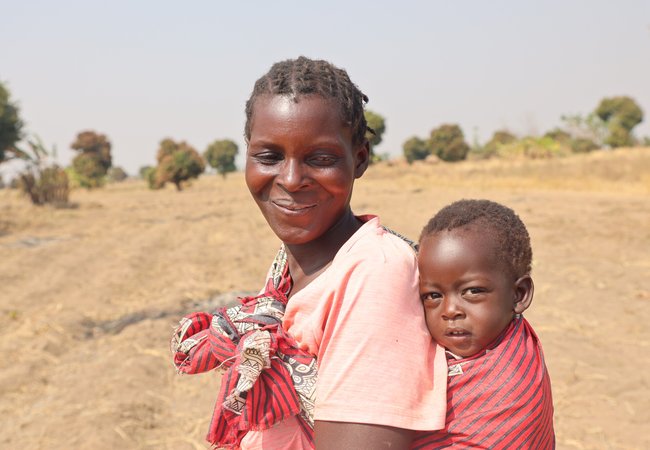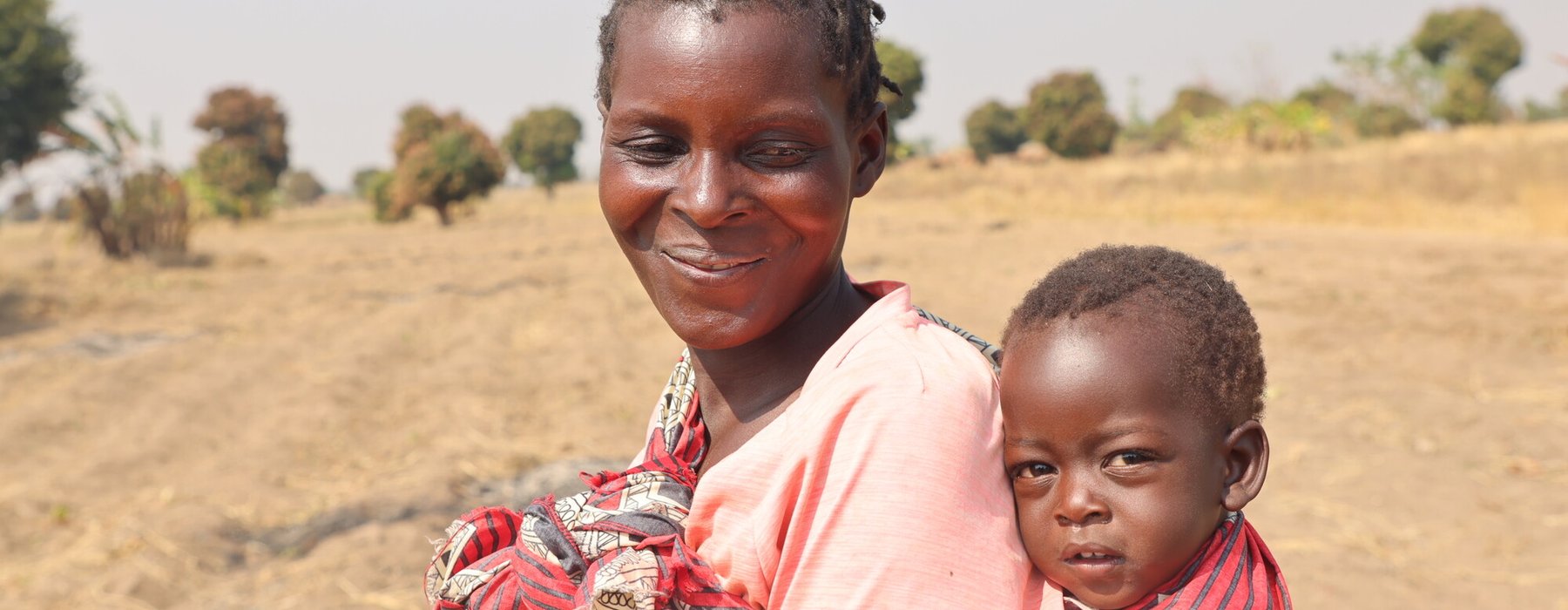- Annual report and accounts 2024-25
- Oxfam's Constitution
- Legitimacy and accountability
- Oxfam GB's Open Information Policy
- Corporate responsibility
- Information for suppliers
- Oxfam GB's Gender Pay Gap
- Oxfam's Code of Conduct
- Oxfam’s Zakat Advisory Panel
- Learning and evaluation
- Modern Slavery Act statement
- Fundraising and responding to vulnerable people
- Plans, reports and policies archive
- Oxfam's Zakat policy
- Oxfam's Impact: A Decade of Insight
- Effectiveness Reviews
- Food Producer Rights
Photo: Colin Carey/Oxfam


Statement of legitimacy and accountability
Why Oxfam has authority to speak and act on issues relating to our mission to alleviate poverty and suffering, and how we hold ourselves accountable.